
Explore the modules of the Power-Potential-Profile (PPP)
Click on a button.
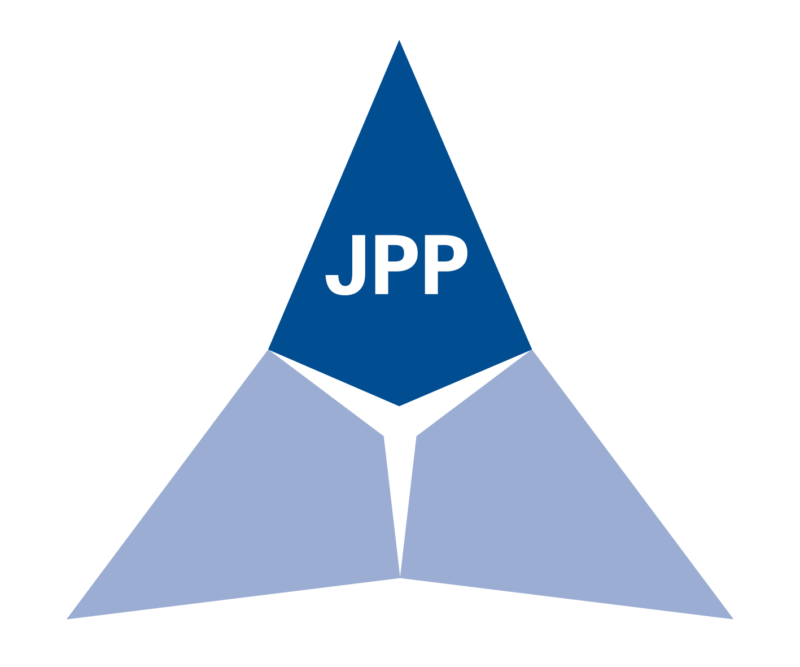
Modul JPP: Discover your own personality
Every person is unique. But there are patterns in the perception and assessment of our environment, which are similar in some people and very different in others. And these patterns affect our concrete behaviour. Those who know their own patterns exactly receive individual paths to personal development and are able to adapt even better to other people.

Recognising patterns
What patterns drive us? What is behind our motivation and demotivation? Recognize the basic patterns of human behaviour. Take a look in your personal mirror.
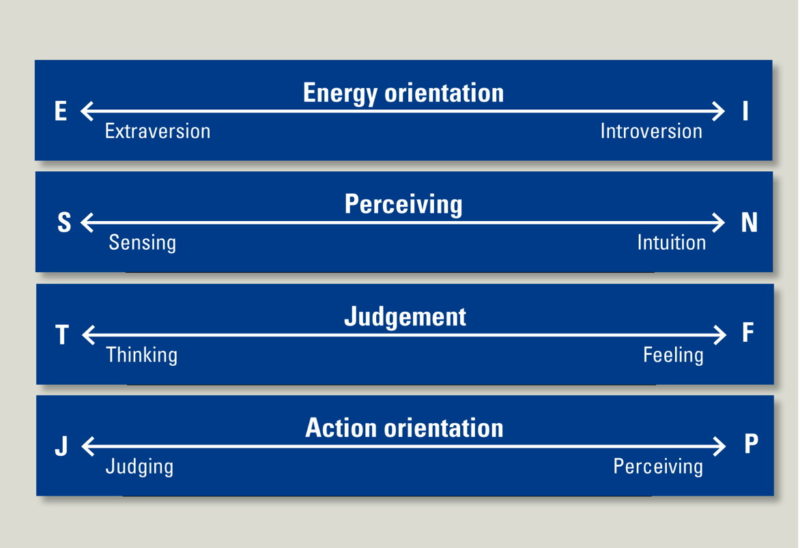
A differentiated personality profile: 16×16 variations
The Jungian Personality Profile describes four categories of our personality structure. Each category shows two opposing tendencies. This results in 16 basic patterns. Each of these basic patterns is further differentiated by four times four underlying dimensions. Let us surprise you with what you will experience of yourself.
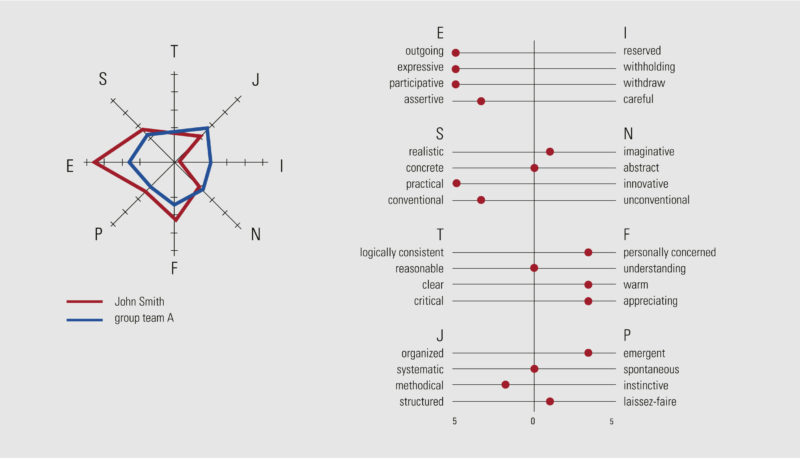
Developing team
The Jungian Personality Profile (JPP) offers many insights for your team development. If you use the JPP in a team, you will receive insightful group feedback. This makes the team dynamics clear. Mutual understanding grows, tasks can be assigned even better and the potential in the team is recognised: The team professionalises its interaction and performance.
Business theatre: communication and personality patterns
Watch (in german language) an excerpt from Monika Eßer-Stahl’s business theatre (www.monikaesserstahl.de):
How do personal preferences influence communication behaviour?
Have fun!
Develop as a leader with the Jungian Personality Profile (JPP)
If you want to further develop your role as a leader, it helps to first get an accurate picture of your personality structure. A personality typology can provide a first approximation. You can place yourself in a ‘grid’ and thus gain a better understanding of your specific behavioural patterns as a leader.
Personality typology is a map for orientation
We find it important to point out that the use of typologies should never be about right or wrong. You do not get one description of a person that can explain every behaviour of that person. Rather, the result of a typological evaluation should be understood more like a map that gives you clues to better understand yourself and others. Accept that you will never know exactly why others behave the way they do. You can only guess.
Recognise personality patterns
People perceive and interpret the world differently. This is true for managers, this is true for employees. Every manager has his or her own ideas, his or her own behaviour and his or her own style. This is not a new insight. But what effects does this difference have, what does it mean for you as a manager?
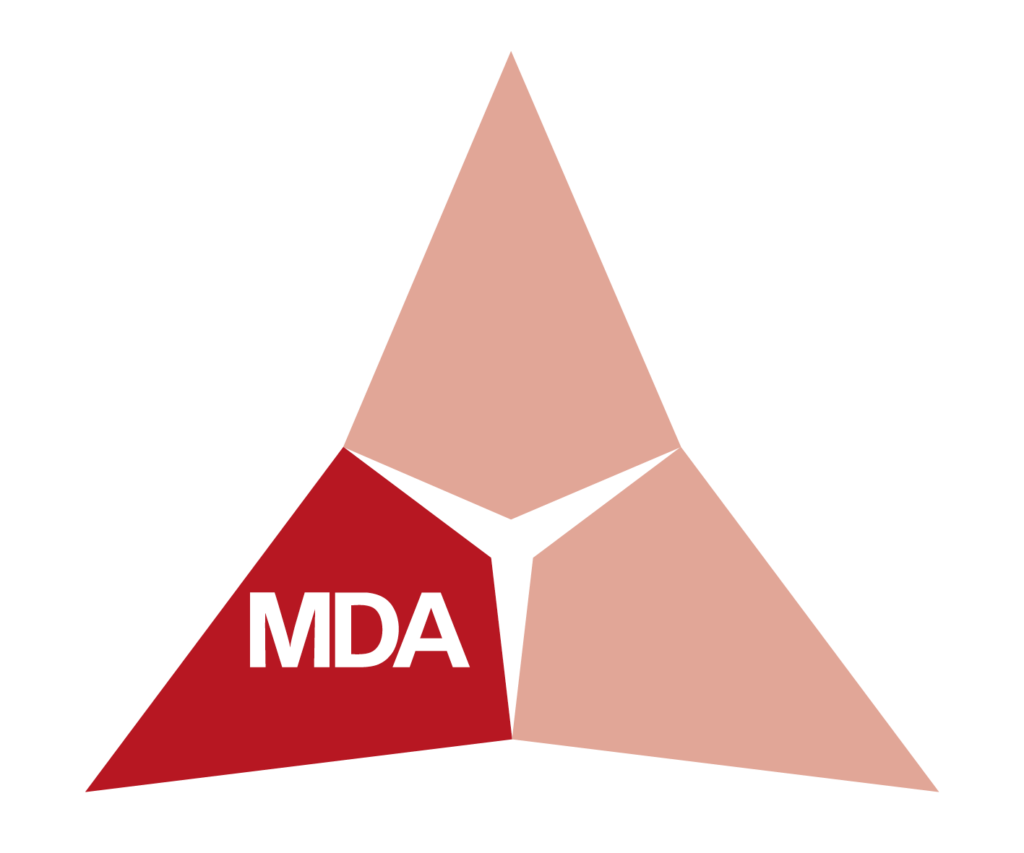
Modul MDA: Discover ways to develop your own attitude towards your professional role
With which mindset, which attitude, do we approach our tasks? This attitude influences our concrete actions. We can change and develop our attitude. MDA describes four areas of development against the background of six factors. This makes it possible to reflect on and develop one’s own attitude towards more creative power.

Demonstrate attitude
Our attitude to the management task depends on several factors. What experience have we had with leadership so far? Do we have the will and the desire to take on a leadership role ourselves? Do we like the concrete environment in which we have taken on this task? Reflect on your own attitude and take up the suggestions for strengthening your attitude. Use the MDA in the Power-Potential-Profile for this purpose.
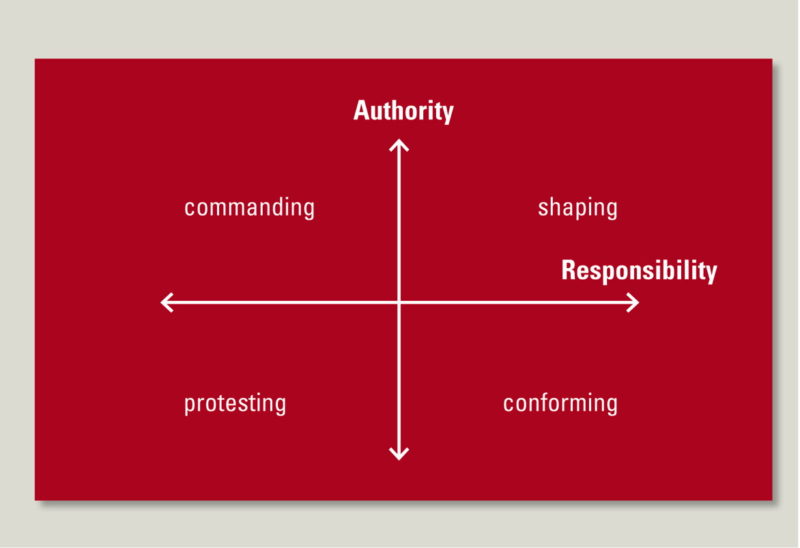
Shaping leadership
The MDA shows four fields. The effective attitude for leadership in dynamic situations is the formative leadership attitude. It consists of personal authority on the one hand and assumption of responsibility on the other; responsibility for employees, for the team and for the company.
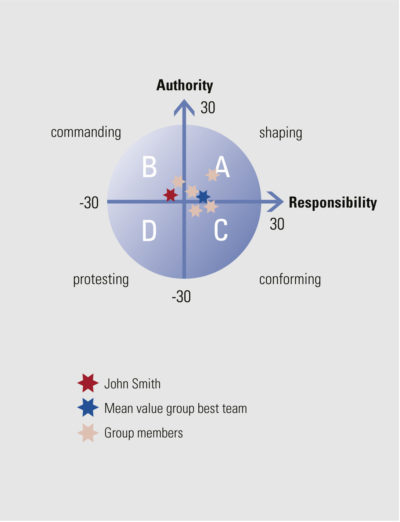
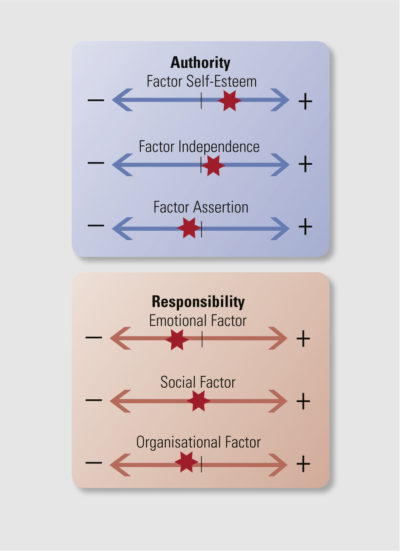
Development opportunities
You can also create a team profile with MDA. How far apart are the team members in their attitudes to the team task? What can be done to bring the team together. The better everyone in the team works with a good attitude and full energy for the task, the better the results will be.
The six sub-factors show the developmental path towards strengthening one’s own attitude. Do you need to strengthen your personal authority, e.g. by working towards greater assertiveness? Or do you need more empathy in order to be able to adjust better to the team? The result of the MDA shows the need for action. In the consultation process, the appropriate development proposals are then drawn up.
MDA simply explained
This explanatory film (in german language) explains the 6 factors in the tension between personal authority and responsibility.
Have fun!
Attitude determines our behaviour
Attitudes are fundamental to our behaviour: they describe the tendency to evaluate situations in a certain way. An attitude influences the behaviour in the respective situation. Attitudes therefore form the basis for our actions, along with basic psychological patterns. Attitudes can be found on three levels:
- Cognitive level (conscious content): e.g. a concrete opinion on the behaviour of an employee
- Affective level (emotional evaluation): e.g. the sympathy for a person or the trust in a situation
- Conative level (visible reaction): e.g. a concrete action that is shown as a reaction due to an employee behaviour
Your attitude towards your own authority and towards your responsibility associated with leadership plays a fundamental role in your leadership behaviour. This attitude influences your leadership behaviour and leads to positive or negative results. If you want to be successful as a leader, you should check your attitude towards ‘authority’ and responsibility.
Personal authority
Authority does not automatically result from the function or role a person performs. Because regardless of the formal position a person holds in an organisation, some people act with greater authority than others. People are given less or more authority.
Our inner attitude – how we feel about our skills and knowledge – varies. It varies from person to person. But it can also change within a person from time to time, depending on the framework conditions and current demands on our leadership task.
Taking responsibility
Those who assume responsibility in a leadership role are also aware that actions have consequences. Our actions always lead to interactions with others. Not all consequences of our actions can be calculated or foreseen in advance.
Leaders who have a positive attitude towards responsibility stand by the results of their actions and also bear their possibly unintended consequences. They take into account their own and other people’s feelings and the interactions that are triggered in the team or in the organisation.
How is posture created and how does it change?
Our attitude towards the leadership task is influenced by our own experiences with leadership. This can be both the observation of more or less successful leaders and our own positive or negative experience with leadership-related tasks. And our attitude is influenced by how others have reacted to our leadership behaviour, what successes and failures we ourselves have achieved and how we have processed and ‘interpreted’ them.

Module FSL and FSS: Record competences, receive feedback
You can choose between two competence modules: Key Skills for Leaders or for Salespeople.
The Future Skills for Leadership (FSL) and Future Skills for Sales (FSS) are based on theoretical and empirical studies. In addition to the self-assessment, external assessments can also be collected (360-degree feedback).

Competences make you strong
Competences are key qualifications that we need to master challenging situations independently. Competences can be trained and developed. With the results of the Future-Skills-Modules you will find the right starting point.
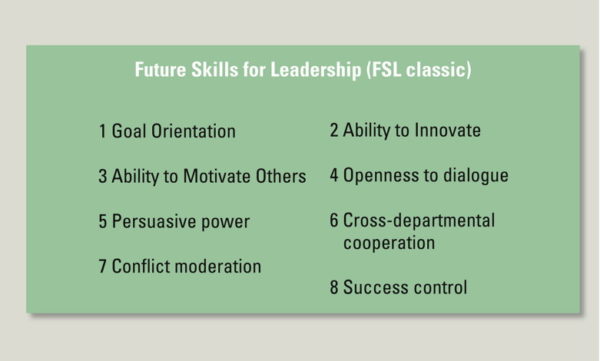
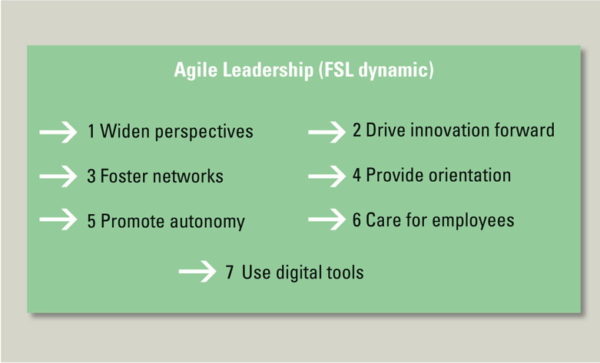
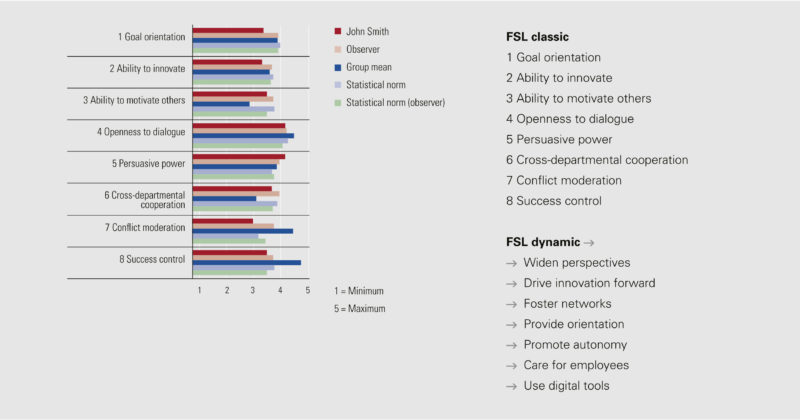
Leadership skills: classic and dynamic
Key qualifications are becoming increasingly important for the successful performance of a management role. These basic competences are described in the “FSL classic”. In addition, the demands on managers are changing. The environment is becoming more complex. This requires dynamic forms of leadership, which we measure in “FSL dynamic”. The flow consulting gmbh has conducted a meta-study on this topic.
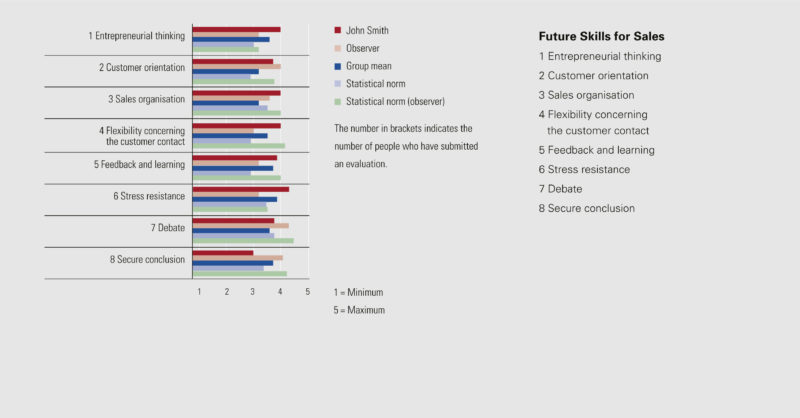
Strengthen sales performance
The demands on sales staff have increased considerably in recent years. Not only sales competence is required, but also good interaction with all departments in the company. The Future Skills for Sales (FSS) offers a serious assessment of the current situation.
Develop leadership and sales skills
What does a leader need to be able to do, what are the key qualifications that help to exercise his or her leadership role successfully – besides the necessary professional competence and experience in certain fields of work.
In leadership theory and practice, competences are named that are necessary for successful leadership. The most important classical competencies and dynamic competencies are described in the Future Skills for Leadership. The FSS (Future Skills for Sales) module is suitable for sales competences. The level of the competences can be recorded as a self-assessment and an external assessment.
Competence is shown in concrete behavior
Is the behavior appropriate or inappropriate in a specific context, in a specific situation? Are you able to quickly and independently select the right behavior from your repertoire of skills and experience? Or do you find it difficult to use a particular skill in a flexible and self-organized way in a variety of situations? Whether you act appropriately or not, and how strongly your competence is developed in an area, is always a matter of subjective assessment. It may be that you consider yourself to be highly capable of working in a team, for example, but others claim the opposite. Of course, this also works the other way around: Others attest to your high ability in performance review, but you yourself say that you are not that good at it.
Only when you yourself reflect on where and how you use certain competencies and get feedback from others as to whether they see things the same way or differently, will you gradually arrive at a situation-based and realistic assessment. The modules ‘Future Skills for Leadership’ and ‘Future Skills for Sales’ can help you with this.
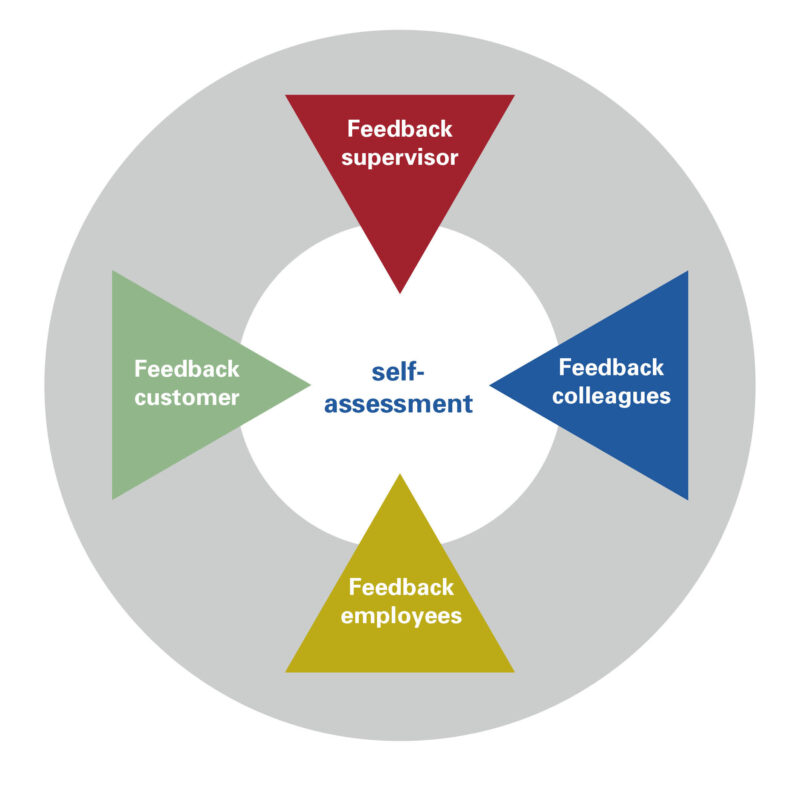
360-degrees-Feedback: Customized
If required, we adapt the competence categories and questions to your specific leadership values or to your competence model. Online questionnaire and report are designed according to your CI. This provides you with a customized instrument that can be used as 360-degree feedback. The additional advantage: This company-specific 360-degree feedback can also be combined with the personality and attitude module. In this way, your managers receive comprehensive feedback on the further development of their competencies. Contact us.
Dynamic, agile leadership skills
Values are changing, and the digital transformation is changing work and communication processes: This requires a new understanding of leadership, and new demands are being placed on managers.
Take a look at the seven key dynamic leaders in this explanatory film (in german language).
Enjoy.
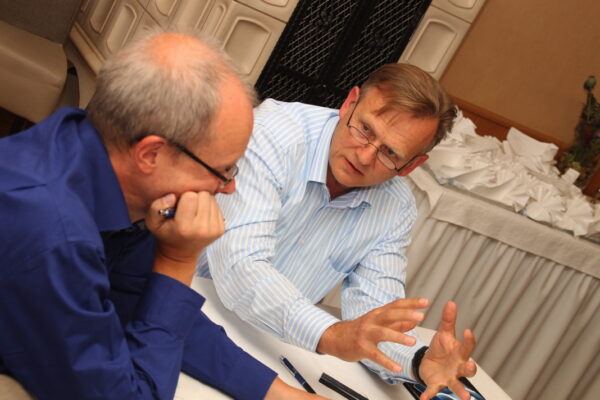
Do self-image and external image fit together?
Where self-assessment and assessment by others diverge, people can discover blind spots; where things fit together, they can find confirmation. With 360-degree feedback, they receive feedback from the manager, from colleagues, from employees. Internal or external customers can also be asked for feedback. This gives an all-round view of the individual, their behavior and their effect on others.

Discovering learning fields in the potential analysis
If competences are poorly developed, learning areas become apparent, blind spots should be reduced. Only those who can assess themselves well and realistically with all their preferences, attitudes and competences and with all their strengths and weaknesses can work on and develop their leadership role.
Linking training and experience: action learning
Leadership skills are not innate talents. Nor are they skills that are developed once and then remain at a constant level. Competencies are developed through continuous application, training and experience. Even an athlete has to work continuously to maintain his or her level. As a leader, you develop your competences through your work, through reflection, through dealing with their effects; you use your knowledge and qualifications to also assess new situations and can then act independently and ‘self-organised’ in similar situations.
Find out about the training courses offered on flow academy.
Organisational culture and competences
But what constitutes a good competence or a bad competence cannot always be answered unequivocally. This is because the organisation’s expectations of its managers also play a role. Some organisations place more emphasis on performance review than others. Some organisations place more value than others on employees being able to develop under a leader. And these expectations can change. This can be triggered by changing market demands, by new strategies or by a new leader, board or management. Suddenly, team orientation no longer applies as much as it used to. Or suddenly employees are asked for their opinion, which may not have been the case before. Against the backdrop of these demands and expectations, your competencies as a leader will also be assessed.
We would be happy to advise you on the development of fast-acting training measures: Contact us.

